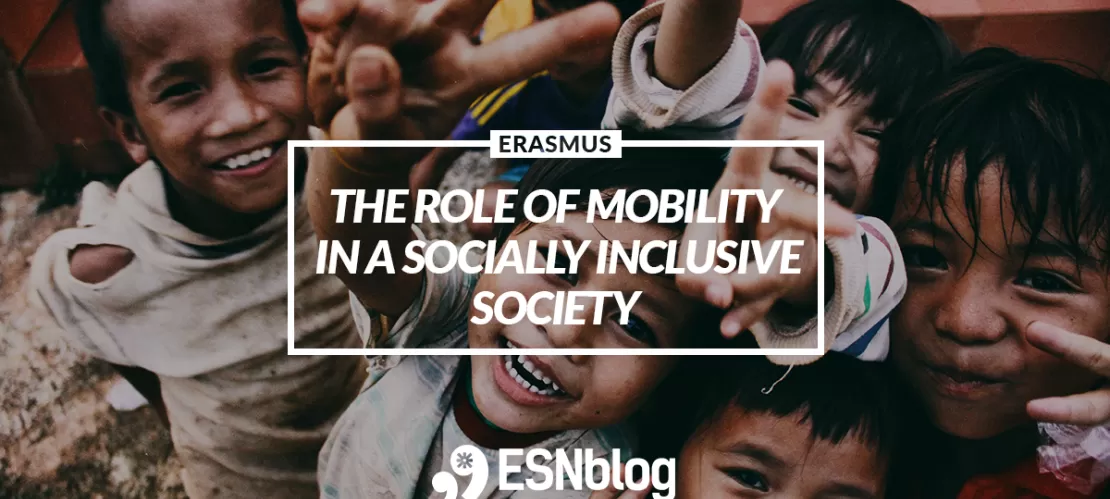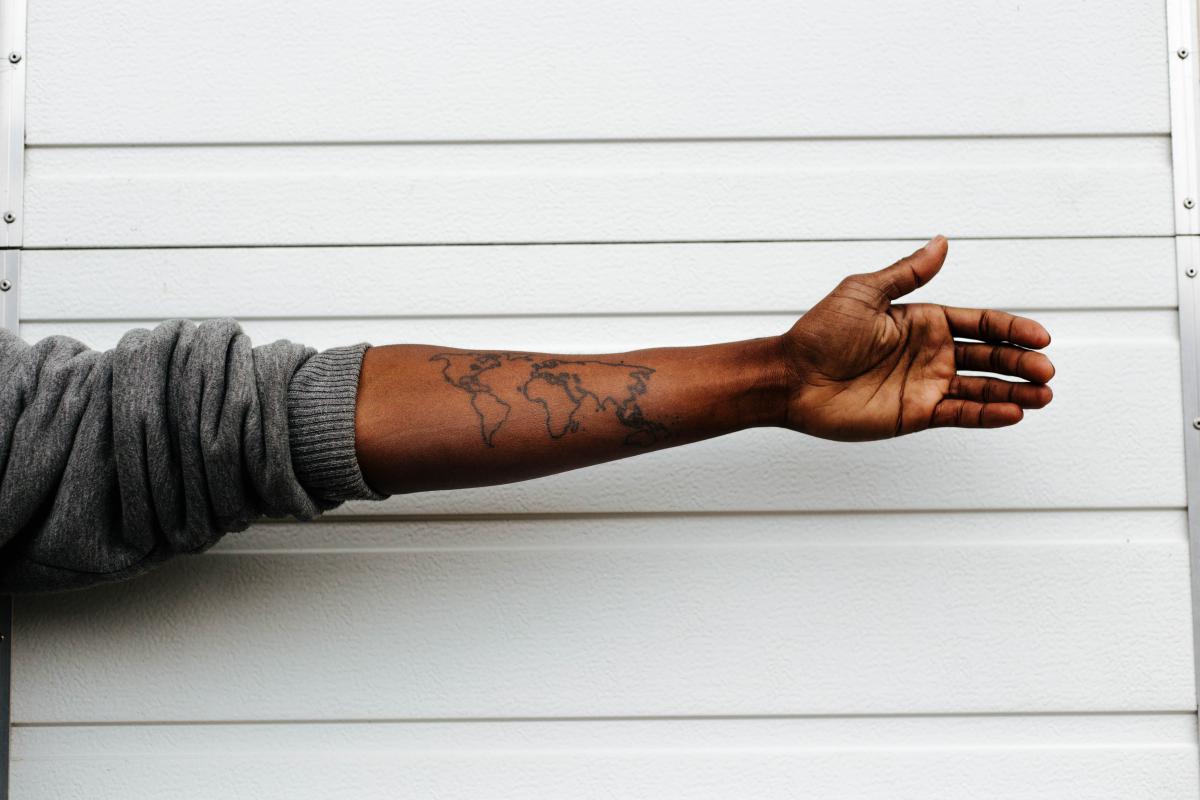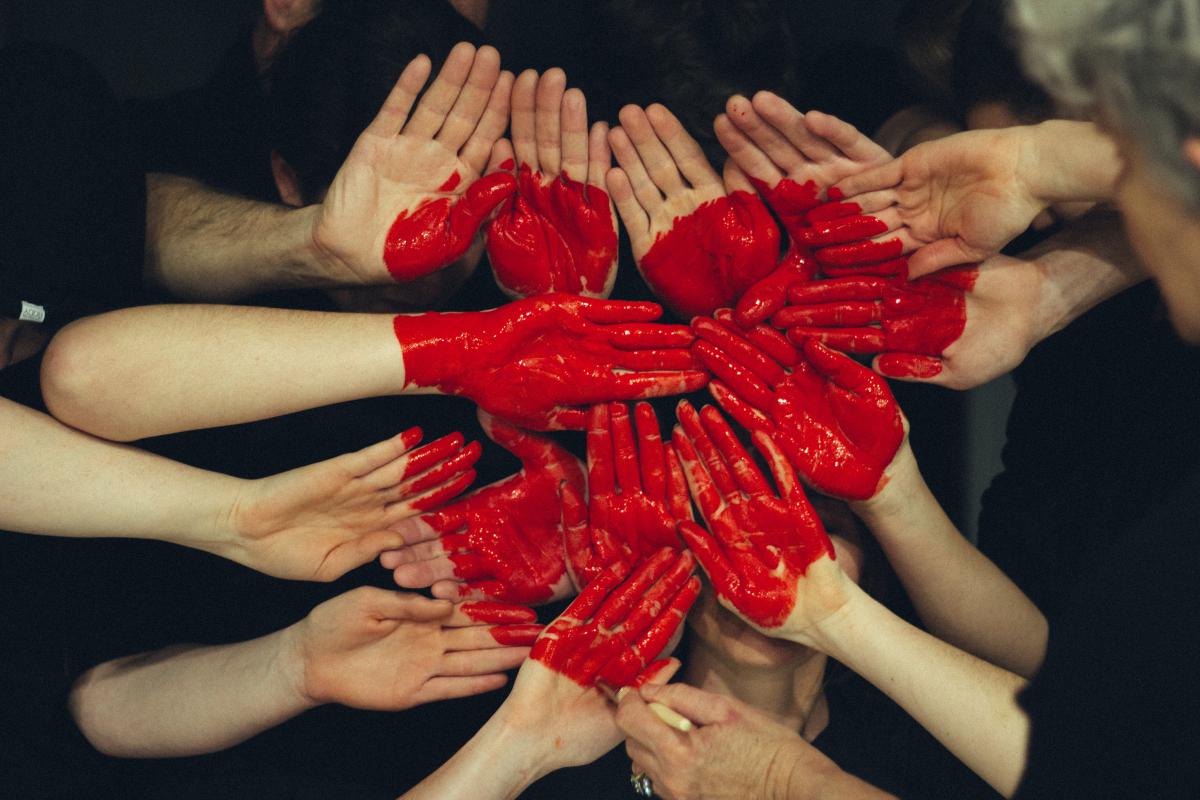
Regardless of gender, language or race, we are all born free and equal in dignity and rights. The process of social inclusion suggests the recognition of statutes and rights of each individual in a society, providing them with an opportunity of equal treatment and relevant participation in all economic, social, cultural and political aspects of the society. An inclusive society is characterised by the respect of an individual's identity and reasonable balance between the rights and obligations of the individual and of society as a whole.
The main aim of social inclusion is to dispute discrimination and social exclusion by the acceptance of diversity. Social exclusion damages a person’s living conditions, economic and social participation, health status, and emotional life. Almost one-third of young people between the ages of 18 and 24 in the European Union are at risk of social exclusion, being unable to exercise their fundamental rights.
Every person facing the risks of losing the capacity to satisfy daily needs through illness, disability, poverty, addiction or other situations which lead to social and economic vulnerability is exposed to social exclusion. Unequal chances and opportunities among people affect the social community as a whole and can lead to marginalisation and social exclusion.

The European Commission developed an agenda to create more equal opportunities for youth in education and in the labour market in order to promote social inclusion and solidarity among all young people. The Europe 2020 Strategy aims to decrease the number of people risking poverty and social exclusion by at least 20 million people.
As shining examples, we have the European Solidarity Corps and the European Voluntary Service (both part of Erasmus+), initiatives which provide exchange and volunteering opportunities for people between the ages of 17 and 30. Information about current volunteering opportunities can be found at the European Youth Portal.
The Erasmus Programme itself is a major contribution to social inclusion. Since its launch thirty years ago, it has enabled almost five million people to study, volunteer or train abroad. Participants with disabilities or of a lower socio-economic status are eligible for additional funding, as one of the incentives of the Erasmus Programme is to create additional opportunities for everybody to participate in the programme. The programme also creates a framework for youth organisations to raise awareness and address the issue of social exclusion.

International mobility can contribute to personal and professional development, improvement of social and foreign language skills, as well as creating a feeling of self-confidence and belonging by developing a cultural value of international companionship.
Youth organisations offer targeted support, information, and opportunities for non-formal learning and for integration into the local community through various activities.
The Erasmus Student Network promotes equality and respect for diversity, integrating these components in its supported activities. The most important role in the field of youth work belongs to the young people themselves, therefore the aim is to provide young citizens the opportunity to do more with their mobility experience and to create a positive social change through volunteering.
All over Europe, ESN is organising social activities which allow you to make a difference, such as blood donation, first aid training sessions, charity work, or visits to a local nursing home. Furthermore, the MappED project was specially developed to provide students with information on accessibility of university facilities and services for people with disabilities.
Every individual is unique. It is essential to accept everybody, whatever their race, gender, ethnicity, socio-economic status, age, sexual orientation and beliefs, as well as their physical, cognitive or social abilities. You can leave your mark by volunteering during your mobility period, listening to and understanding the specific needs of each individual you encounter, providing others with a sense of belonging, and organising inclusive gatherings and activities everyone can join.
Participate in the social events organised by the local ESN section in your host city during the Social Inclusion Days between the 27th November and 10th December!
